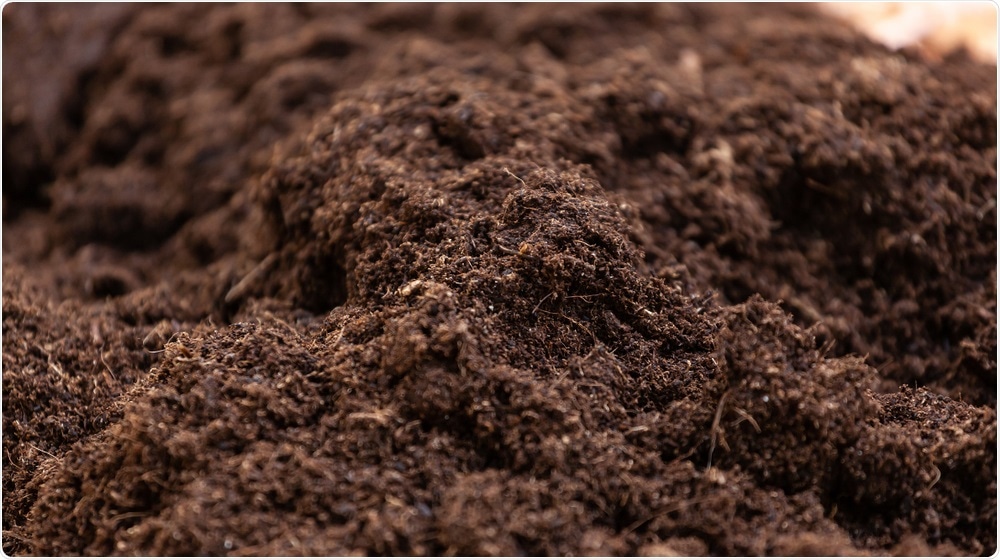Agricultural soils contribute to 16% of total Greenhouse gas emissions, particularly nitrous oxide (N2O). The migration of gases in agricultural subsurface and emission across the soil-atmosphere interface is primarily diffusion-controlled and is explained by soil-gas diffusivity.

Image Credit: Antonio Gravante/Shutterstock.com
Since experimental determination of soil-gas diffusivity demands expensive apparatus and time-consuming controlled laboratory measures, predictive models are commonly used to estimate diffusivity from easy-to-measure soil properties like soil total porosity and soil-air content.
In a recently published article in the Soil Science Society of America Journal, researchers introduced a descriptive soil-gas diffusivity model. Presented as a two-region soil gas diffusivity model, it was developed based on measured gas diffusivity data taken from two agricultural soils from Peradeniya- Sri Lanka under different soil density conditions.
Researchers identified that pore network in agricultural soils exhibits two distinct pore regions: inter-aggregate and intra-aggregate.
As such, they constitute a bimodal pore structure. The Two-region model developed in the study could adequately parameterize and characterize the soil-gas diffusivity in selected bimodal soils outperforming the conventional models.
The developed two-region model provides a tool to accurately estimate gas diffusion in aggregated soils, thus providing models to quantify the gas exchange between soil and atmosphere with respect to different land use and water management practices.